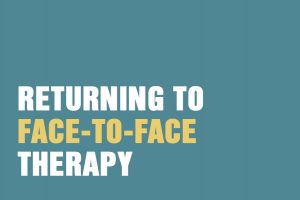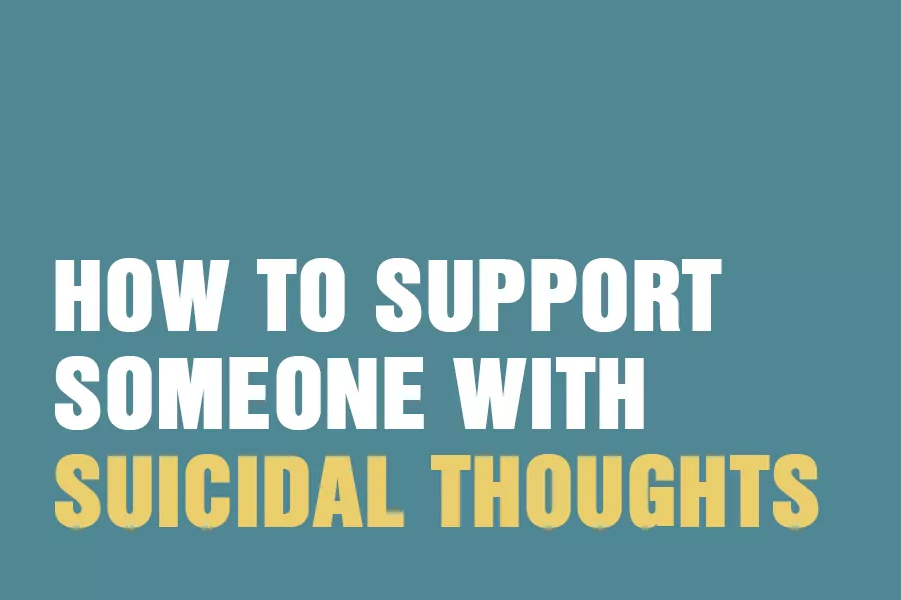‘Vulnerable’ and ‘narcissism’ aren’t usually two words you would put together in the same sentence. Think of a narcissist and you would probably imagine someone who struts like a peacock, demands full attention at all times, lacks empathy for others, and expects people to worship the ground they walk on.
Yet not all narcissists are grandiose and entitled – the so called ‘thick-skinned’ narcissists. Some narcissists are ‘thin-skinned’ and have more vulnerable traits. And these traits can be expressed in obvious, overt ways – or in covert, more subtle ways.
The roots of narcissistic personality traits may be the same, but how they manifest can be different. Narcissists evolve as a result of an ‘injury’ to their very being, usually in childhood, that comes from not being seen for who they truly are. In order to be seen, heard and acknowledged – and to get the attention they crave – narcissists develop a ‘false self’ that they believe is more acceptable to others. As they grow up, they become more invested in ensuring that everyone admires this false self, and will take great pains to ensure the ‘real self’ is never seen.
Narcissistic traits
Narcissistic traits, as defined by the DSM-5 (the manual psychiatrists use to diagnose mental health disorders) include:
- Self-esteem dependent on needing others to admire them, and their emotions can go up and down if they don’t achieve this external recognition.
- Goal setting is based on gaining approval from others. They set standards high so they can see themselves as exceptional – or set standards low based on a sense of entitlement.
- Struggling to recognise the feelings or needs of others, unless those feelings relate to themselves.
- Not having a clear sense of how they affect others.
- Superficial relationships, mostly to boost their self-esteem.
- Arrogance and haughtiness, believing themselves to be better than others, and can be condescending.
In summary, underneath it all, narcissists may feel empty and fragile, but they compensate for this by creating a persona that goes all out to cover up that emptiness within and so they can believe that they are special or exceptional.
An article published in The International Journal of Psychoanalysis in May 2018 by Ricardo Bernari and Monica Eidlin outlines the similarities and differences between thin-skinned (vulnerable) narcissism and thick-skinned (grandiose) narcissism.
Vulnerable Narcissists
While grandiose narcissists would never admit to being dependent on anyone, and are oblivious to deep feelings, in contrast vulnerable thin-skinned narcissists:
- Are hypersensitive and easily hurt.
- Are more introverted than grandiose narcissists.
- Find it difficult to deal with any failure or trauma.
- Are more neurotic and will worry and fret over how they are perceived.
- Can turn on themselves when hurt or disappointed (whereas thick-skinned narcissists are more likely to turn on others).
- Feel shame when rejected – and will try to agree with the person who has rejected them as a way to reduce these feelings of shame.
- Can feel depressed, empty and useless.
- May withdraw from social situations if they feel they don’t match up to others.
- Feel afraid of being let down and ashamed of needing others.
- May have rage-filled outbursts (followed by feelings of further shame) when their demands for recognition are not met.
- Have a tendency to blame others.
- May feel envy for what they believe should be theirs.
Just having the above traits or behaviours does not necessarily mean you have narcissistic personality disorder. Only a psychiatrist would be able to diagnose this. However, if you recognise signs in yourself or others, and believe you’d like to explore this to understand yourself more, then do reach out for professional support.
Call our Front of House team on 020 8673 4545 or email [email protected] if you’d like to speak to a counsellor, psychotherapist or psychologist. We have sessions available seven days a week, by phone and online – and some of our therapists are also returning to offer face-to-face sessions at our centres in Clapham and Tooting.








7 Comments. Leave new
How to get assessed to find out if someone is a vulnerable nascisist?
Hello. Thanks for your comment. Only a psychiatrist can assess and diagnose a mental health disorder. Your first step may be to speak to your GP if you have concerns and wish to have a mental health diagnosis. Wishing you all the best.
Isn’t everybody a vulnerable narcissist in this way. Today, most of the people have become obsessed for the attention in social media and also the same people are harsh to each other on the internet.
Thanks for reading our post and commenting on it. Arguably there is a part in all of us that is a vulnerable narcissist, and we agree that social media does a lot to fuel our vulnerabilities and insecurities.
“How to spot” is really an antagonistic way of presenting a mental illness. Narcissism, whether grandiose or vulnerable, is not a strategy for relating. It’s a coping mechanism. Yes, in the era of Trump, it can feel like narcissism is choice, but it isn’t.
Hi Christian. Thanks for your comments on our blog post. Narcissism – or narcissistic personality disorder – is a mental health condition that can cause issues in many areas of life, including relationship. We agree that narcissism certainly isn’t a choice.
Hi Karen, can you please suggest how to overcome this vulnerable narcissism. My husband is a victim of it and definitely because he has gone through childhood abuse. What should be the line of treatment to help him get out of this false self image and genuinely care about his family